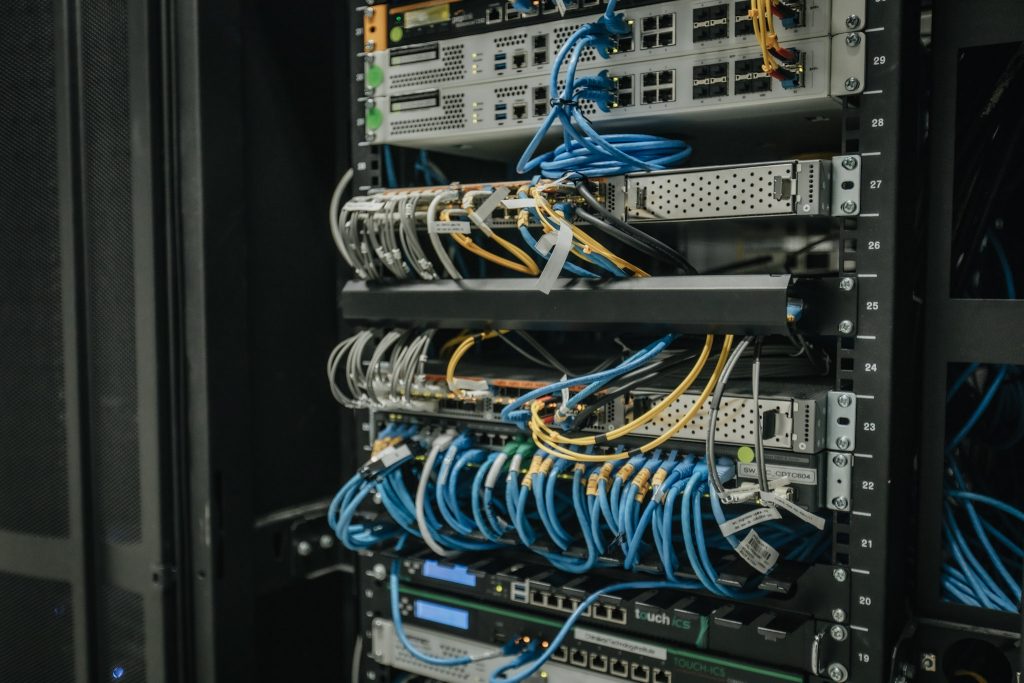
The computer engineering program teaches the fundamentals of the computer field through a series of theory and practical classes in basic engineering and computer engineering, such as electronics for I/O interfacing, computer organization, embedded systems, operating systems, and networking, etc. The emphasis is not only on computer concepts and theories, but also on practical working skills. There are two specializations available in the program. Students can pursue specializations in either Internet of Things (IoT) or Data Engineering after two years, depending on their interests. As electives, students can gain current knowledge and skill sets in Artificial Intelligence (AI), Cloud Computing, Big Data, and Smart Cities.



Tel: 02-280-0551
Fax: 02-280-0552
Every Monday – Friday
8:30 a.m. – 4:30 p.m.
(except public holidays)
saraban@cdti.ac.th
4080846
Copyright © 2023 Chitralada Technology Institute. Web by Mountain Studio